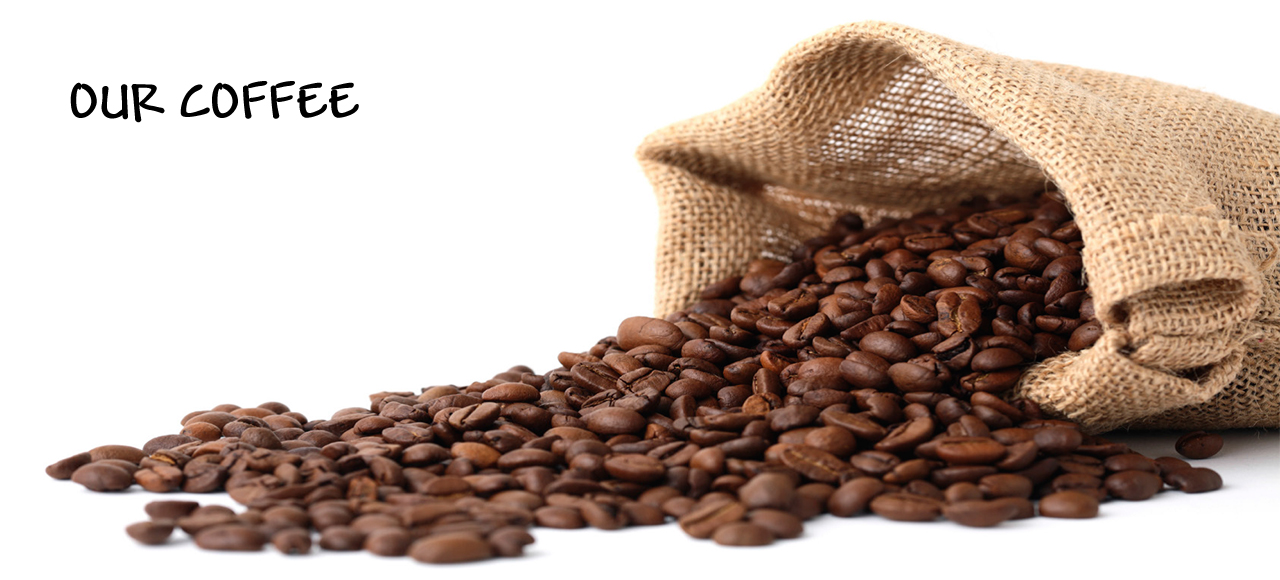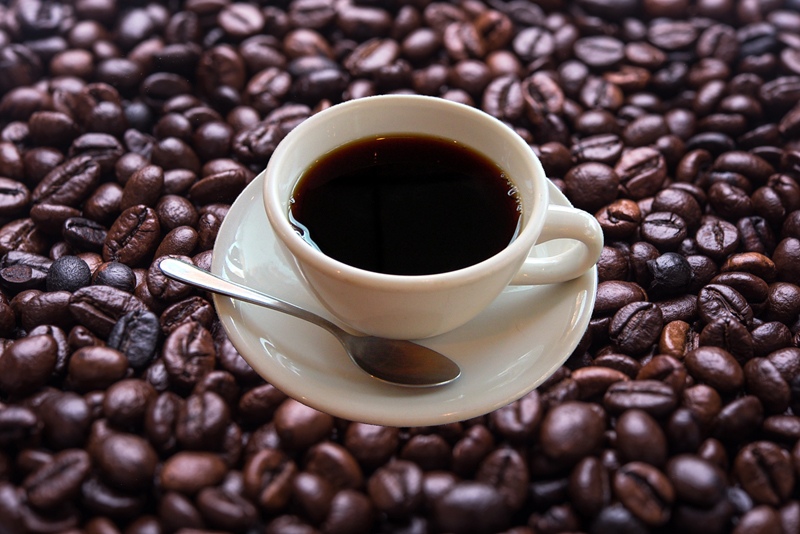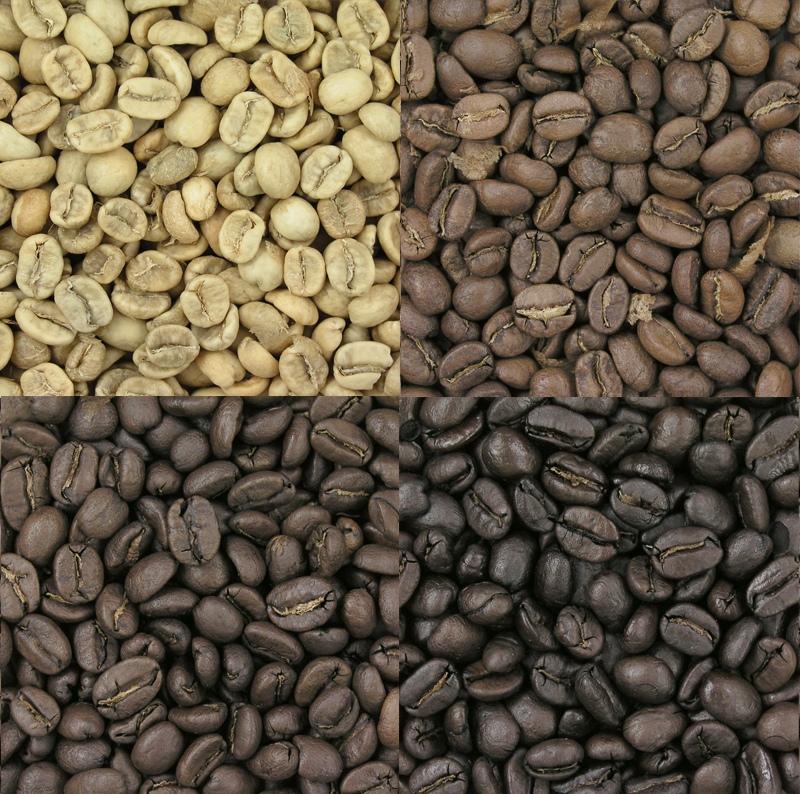
We roast only “Specialty Coffee” beans and mostly Arabica type.
Specialty Coffee is coffee that scores above 80 points on a 100 point grading scale.
Arabica beans typically have about half of the caffeine content of Robusta beans and a sweeter softer taste.
Arabica coffee plants need a higher elevation and are more sensitive to pests and adverse weather conditions. They are slower growing, lower yielding and thus, the resulting beans are usually priced a little higher.
We are currently roasting Colombian, Ethiopian, and Mexican decaf beans. In the Colombian and the Ethiopian beans we offer a medium and a dark roast option. The Mexican decaf is roasted to a med/dark roast only.
All coffee is in 340 gm packages.


ABOUT COLOMBIA
Colombia is the second largest coffee producer in the world, and the largest producer of washed and Arabica coffee. Colombia produces exclusively Arabica coffee. Coffee is produced in many regions of the country. Colombia exports about 85 % of its coffee production. Colombia is proficient in producing an abundance of truly delicious and sought after coffee.
ABOUT ETHIOPIA
Ethiopia is known as the birthplace of Arabica coffee. Unlike most of the coffee growing countries in the world, the coffee trees were discovered growing wild in the forests, and eventually cultivated for domestic and commercial use. The majority of Ethiopia’s farmers are smallholders and sustenance farmers. Domestic consumption accounts for almost 50 % of Ethiopia’s coffee production. Thee genetic diversity of Ethiopian coffee is unmatched globally. Thus it is a coffee lovers dream.
ABOUT MEXICO
The first coffee was planted in Mexico in the early colonial times.It didn’t really develop as an industry until the late 19th and early 20th century. Today, Mexico is one of the largest coffee producing countries in the world. It is the world’s largest producer of organic coffee. The geography and climate are excellent for producing specialty coffee. Mexico has more than 500,000 coffee farmers, with small coffee farms being more common than large plantations. The presence and influence of Fair Trade and Fairtrade certifications has helped transform the image of Mexican coffee. A cup of Mexican coffee generally offers a wonderful aroma, a depth of flavor and a pronounced sharpness.
ABOUT DECAF
All decaf coffee still contains a small amount of caffeine. Generally speaking, the decaffeinating process removes about 90 – 97% of the caffeine from the coffee bean. There are different processes that are used to remove the caffeine from the green coffee beans.This decaffeinating process alters the color and density of the green coffee bean, making roasting more difficult. Despite going through this decaffeinating process, the coffee beans will retain most of their antioxidant benefits.
